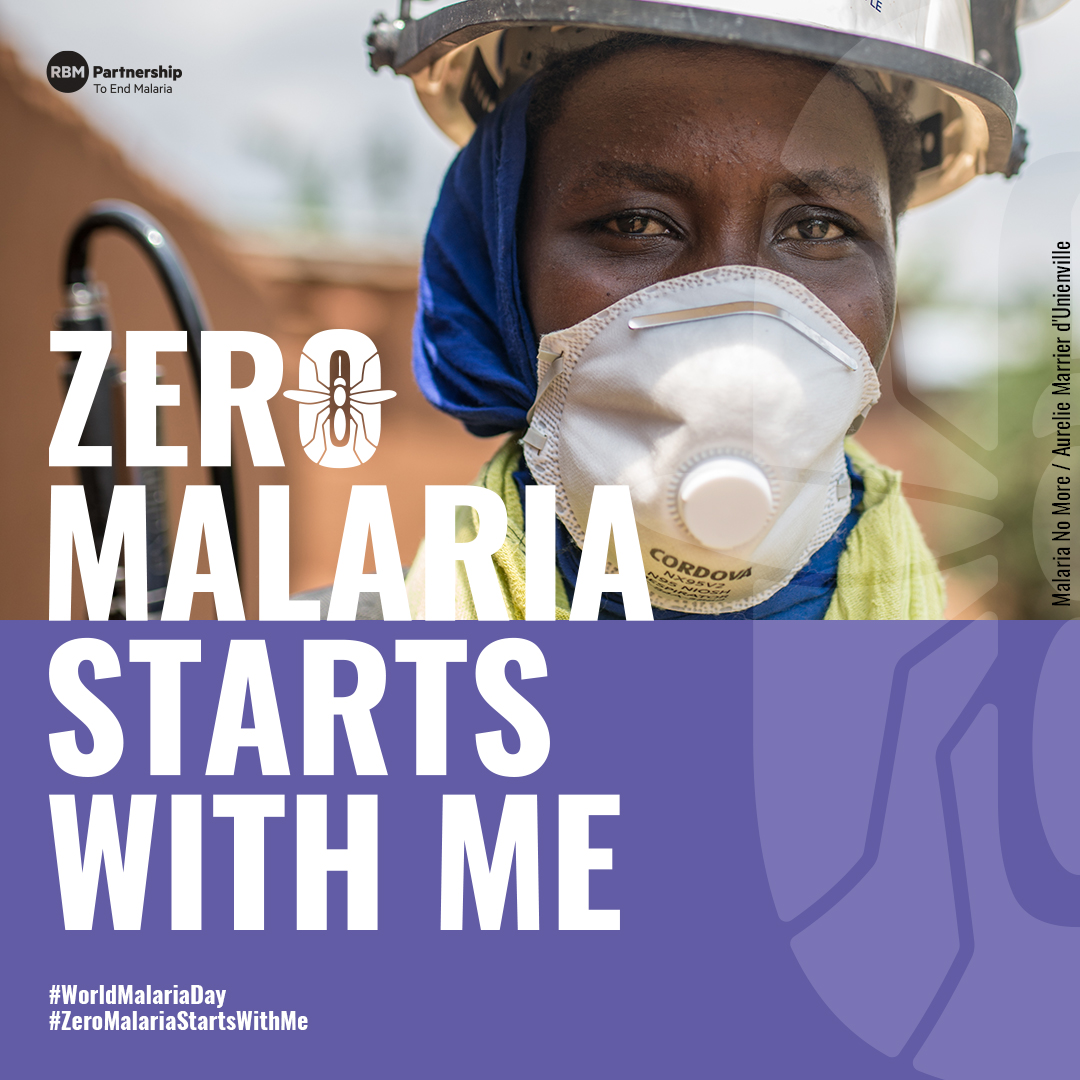What impact is COVID-19 having on global malaria efforts?
The ongoing COVID-19 pandemic places an extra burden on health systems worldwide, and especially in countries with fragile health systems. Many countries, particularly in sub-Saharan Africa which accounts for more than 90% of global malaria cases and deaths, are facing a double challenge of protecting their citizens against existing threats to public health, like malaria and emerging ones like COVID-19.
It's essential that during this pandemic we continue protecting and saving those most vulnerable – pregnant women and children under five in malaria affected countries – with life-saving malaria tools and prioritize safe delivery of these essential interventions. We are concerned that people with fever in malaria-affected countries may be unable or reluctant to seek care, which may lead to higher morbidity and mortality.
Disruptions to malaria programmes have been linked to over 75 major resurgences in the past, and we want to avoid the situation we saw during the 2014-2016 Ebola outbreak in West Africa when in some countries more people died from malaria than Ebola, including 7,000 additional malaria-associated deaths in children under five in Guinea, Liberia and Sierra Leone.
Furthermore, we know that mosquitos don’t respect country borders, therefore if there is increased malaria transmission resulting from overburdened health system in one country, that could spread into neighbouring countries, threatening those which may be approaching zero malaria cases.
The coming weeks ahead of the start of the malaria transmission season in many countries across Africa and Asia will be critical for ensuring the safe delivery of essential malaria commodities and services to avoid major outbreaks and protect significant gains made in the fight against malaria since the start of the 21st century.
How are the global malaria community and the RBM Partnership to End Malaria responding to COVID-19?
The global malaria community is mobilizing to mitigate the risk that COVID-19 poses to malaria elimination and control efforts. Malaria partners across the world are working in coordination to ensure the availability of key malaria control tools to meet needs across all malaria effected countries, particularly in countries with a high burden of the disease, as well as their safe delivery, including availability of personal protective equipment (PPE) for frontline health workers.
Working in close partnership with the World Health Organization (WHO), the Global Fund to Fight AIDS, Tuberculosis and Malaria, other partners and malaria-affected countries, we are closely monitoring the situation to address possible disruptions in the supply chains of essential malaria commodities—such as insecticide treated nets (ITNs), rapid diagnostic tests (RDTs) and antimalarial medicines—resulting from lockdowns and restrictions on the importation and exportation of goods in response to COVID-19.
We encourage malaria burdened countries to follow the newly released technical guidance from WHO; Tailoring malaria interventions in the COVID-19 response which advises countries on how to maintain malaria services as part of a country’s essential health package while working to control COVID-19. In addition, the Alliance for Malaria Prevention, a coalition working under the auspices of the RBM Partnership, has released its guidance on safe distribution of insecticidetreated nets in COVID-19 affected countries.
The RBM Partnership stands ready to support affected countries to protect and advance progress made against malaria alongside the COVID-19 efforts. We furthermore call on all countries and partners to uphold progress and commitments made in the global fight to end malaria.
Our priorities are:
- Protect those most vulnerable – pregnant women and children under five in malaria affected countries – with life-saving malaria tools and prioritize safe delivery of these essential interventions.
- Invest in the fight against malaria to help build stronger health systems - our first line of defence against existing and emerging diseases.
- Invest in the development and scale up of innovative tools and technologies that will help us beat malaria and other deadly diseases.
- Unite to protect our hard-won gains. By working together, we can end malaria and overcome new threats to global public health such as COVID-19.
